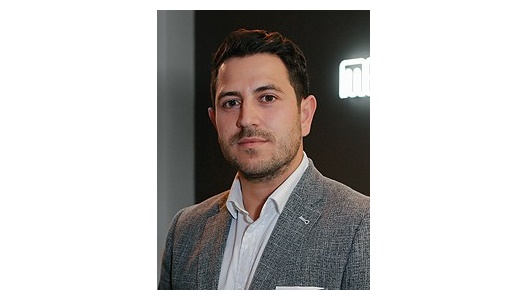The marketing and advertising industry is experiencing a talent crisis – one which will continue unless changes are made. Dean Nagib, MiQ’s UK Commercial Director, looks at how losses at talent “farms” of smaller independent agencies is choking the pool of top advertising talent.
With 3 million people set to be working within creative industries in the UK by 2030, such industries are proving desirable for young professionals, seemingly bolstering the talent pool. Although these numbers should sound promising to the Ad Land world, not all agencies remain positive.
At the heart of the concerns are smaller independent agencies, which have witnessed talent being lost to big agencies and clients directly – a trend The Indie Circle, powered by MiQ, has observed. The Indie Circle, a collective of over 20 UK independent agencies, aim to join forces to shape the future of digital advertising and provide a collective, powerful voice to represent the independent agency perspective.
Amid the increasing move from agency to in-house advertising teams, the market has often overlooked the essential role that agencies fill. Agencies, particularly the independent ones, have a fundamental role of offering invaluable learning opportunities to entry-level talent by getting them involved in different areas of the business. Unlike in-house ad departments, working at an agency provides young professionals with exposure to multiple sectors, disciplines, and challenges.
Greater competition within the industry can be a good motivator to produce high-quality solutions to clients. However, it might also affect the pool of top advertising talent and have a knock-on effect for both in-house and agency teams to find the right candidates.
To better understand the extent to which advertising talent has been affected by the ongoing migration, we asked agencies across MiQ’s Indie Circle to share their opinion on the industry-wide shifts. The group offers a vital platform for independent organisations to collaborate and unite (even when they might be competitors in the marketplace) to have a collective and louder voice in the industry. Here’s what they said.
What are the benefits of working for an indie?
Gareth Owen, Group Managing Director and Co-Founder, TIPi Group: “There is a big list, but they all boil down to one thing – exposure, this is both comforting and scary which isn’t for everyone. However, if you’re driven and harbour desires of running your own business then you won’t find a better place to learn than an indie.
“Everything from full financial transparency to big promotions slightly beyond your comfort zone are the norm. It’s no criticism of the large networks but they simply can’t compete with that by definition because of their size – clear progression plans and massive political challenges to decision-making are what will hold you back comparatively, but equally a large network is often a more comforting place to be and learn your craft for some.”
Christina Smith, Digital Operations Director, Bountiful Cow: “Potentially, I imagine in-house teams likely find themselves with similar challenges to independents when recruiting talent, which is why looking to agency talent can be desirable. There are benefits to moving in-house, one being gaining a breadth of knowledge and experience in their specialised sector which you can live and breathe.
What are the barriers to maintaining talent?
Carrie Webster, Director of Paid Media, Walk-In Media: “While it is sometimes tough to compete with the monetary benefits provided by in-house roles, there are other ways indies can retain talent. For instance, providing regular training opportunities, either internal or external, structured progression plans, cross-channel exposure and finally, providing the recognition they deserve in a timely and adequate manner.”
How can indies prevent talent pursuing in-house roles?
Carrie Webster, Director of Paid Media, Walk-In Media: “Indies need to be better at not just explaining but also showing the benefits of working at an indie, or better, at that specific agency. We also need to be looking at it from the other side, what more can we be doing for clients to show them we truly understand their business and showcase the benefits of working with agencies? This will reduce the likelihood for clients to in-house and in turn, reduce the number of in-house roles available.”
Are there any roles and skills which indies are seeking?
Carrie: “We constantly need good, hungry, fresh people to come into the industry and agency world, especially digital roles, particularly performance digital, social and content. People who are keen to get stuck in and appreciate the value of training and will reward it with loyalty are priceless.”
Christina: “What makes indies great is also what makes them very difficult to recruit for. The biggest challenge is that you can find people who are perfectly capable of buying media, but because they’ve not had the opportunity to plan and buy, or had less exposure to clients, they often don’t understand the ‘why’ behind the approach to what they’re buying.”
It is clear that collaborative approach between indies and in-house could be the answer to challenges within the industry. Afterall, competition in the industry and a desire for quality talent is a good thing, which raises the brand ensures high quality of work. However, it’s vital to ensure the pool is constantly being refilled, bringing new blood into Ad Land and not over-farming talent.
By Dean Nagib,
UK Commercial Director

